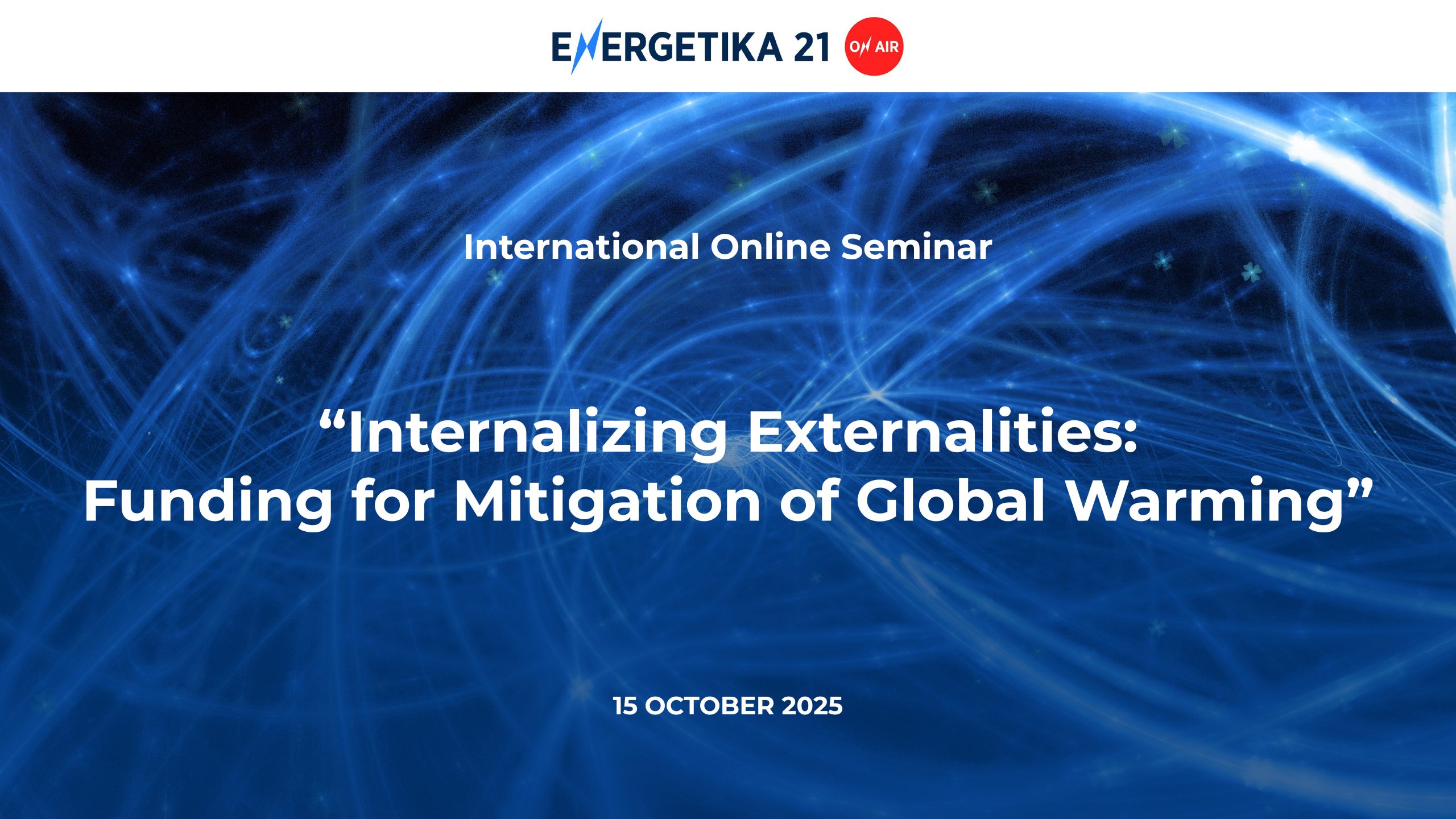The emissions of Greenhouse Gases (GHG) mostly from fossil fuels cause global warming, an externality not accounted for in the market process without Government intervention. The damages of global warming show up in different regions and in different forms like bush fires, heat waves, torrents, and stronger storms. Various reports, like the Stern Report, suggest that the global damages clearly exceed the global costs of prevention.
Internalising externalities from pollution by noxious materials like particulate matter, SO2 and NOx became a topic of national policies in the 1970s. Curbing the negative effects of pollution on the health of people and on buildings was a question of the cost benefit balance within the national economy. Instruments to address them were: Emission standards, Pigou taxes reflecting the damage, subsidies to foster investments to curb pollution and cap and trade regimes (Coase theorem).
— While these approaches offer useful insights, dealing with the global issue of global warming linked to GHG is different:
— GHG emissions have an impact on the entire atmosphere (instead of on surfaces like pollutants), creating a global dimension beyond national borders with a global causality: While avoidance costs accrue on a national level, the benefits of avoided damage are global and may show up in different regions.
— The emission of CO2 from fossil fuel combustion is the largest contributor to GHG emissions and has been deeply entrenched in global wealth creation for over a century with an uneven regional distribution of costs and benefits.
— Addressing Climate Change successfully requires a new global economic, technical and legal framework adjusting existing economies in the Global North and providing GHG-free economic development for the Global South.
— By its global nature, the mitigation of global warming raises the question of how to minimise and distribute global costs across borders.
The Paris Agreement (PA) foresees Nationally Determined Contributions (NDCs) as an approach to attribute the efforts of decarbonization. Several national and regional emission trading regimes have been established, like the ETS of the EU, the CO2 trading regime of China, and more recently of Brazil with a view to minimize the costs of meeting the NDCs.
Beyond these nationally or regionally determined schemes, there were always discussions about minimizing the costs of emission reduction, like in the Kyoto Protocol with the Joint Implementation (JI) and CDM (Clean Development Mechanism), but also under Article 6 of the PA where Parties can use internationally transferred mitigation outcomes towards their NDCs. Recent COPs made substantial progress to further work out the details. Another cross-border issue are Carbon Border Adjustment Mechanisms which aim at preventing GHG leakage, i.e., the relocation of emissions to jurisdictions with less strict emission regulations.
The online seminar will explore these issues in two sessions and a panel discussion.
The working language is English, simultaneous translation is provided. To register, please contact the Organizing Committe by e-mail — energetika@uneon.ru

